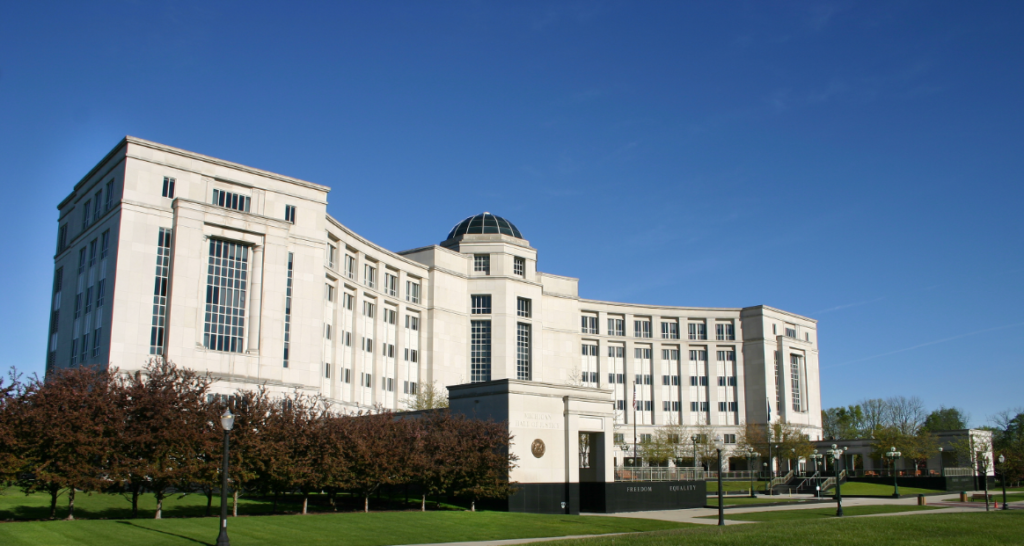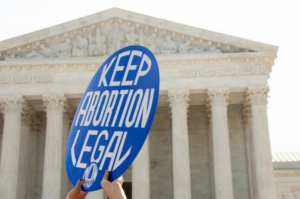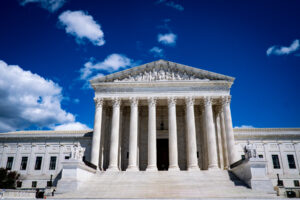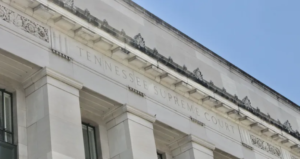Michigan governor asked by court for clarity
2 min read
In April, Gov. Gretchen Whitmer asked the Michigan Supreme Court for declaratory and injunctive relief from the state’s 1931 law banning abortions, claiming the law violated the 1963 state constitution.
She subsequently filed a motion to prevent anti-abortion groups from intervening in the case.
On Friday afternoon, the Supreme Court issued an order directing the governor to clarify her reasons for wishing to silence Right to Life Michigan and the Michigan Catholic Conference.
Although Whitmer argued neither anti-abortion group “has demonstrated any cognizable interest at stake in this case,” the court order on Friday directed her “to file a brief with this Court within 14 days of the date of this order, providing a further and better statement of the questions and the facts.”
Additionally, the order allows county prosecutors to file responsive briefs. It read in part, “Amici who have filed briefs with the Court to date are invited to file supplemental briefs addressing the questions identified in this order. Other persons or groups interested in the determination of the issues presented in this case may move the Court for permission to file briefs amicus curiae. All responsive and amicus curiae briefs shall be filed within 14 days of the Governor’s brief.”
In his concurrence, Justice Richard Bernstein wrote, “Given the gravity of the issues presented in this case, I believe we should strive to open the courtroom doors to as many voices as possible. In the interest of fairness, I strongly prefer to allow the county prosecutors, as well as any other persons or groups interested in these issues, the same two-week briefing period that we are giving the Governor. While I believe an expedited briefing schedule is warranted under the circumstances, the schedule we have set in our order balances our interest in timely considering these issues while giving everyone a full and fair opportunity to participate.”
Justice Megan K. Cavanagh concurred in part and dissented in part from Bernstein, in which she was joined by Chief Justice Bridget Mary McCormack and Justice Elizabeth M. Welch.
“Although I echo Justice Bernstein’s sentiment that we should strive to allow all interested persons the opportunity to have their voices heard, operating on an expedited basis – as we are often called on to do – in no way closes the courtroom doors to any interested voices. Because I believe the Court’s order today fails to treat this case with the urgency it deserves, I respectfully dissent from the majority’s refusal to expedite this supplemental briefing schedule.”
This article was originally posted on Michigan governor asked by court for clarity







